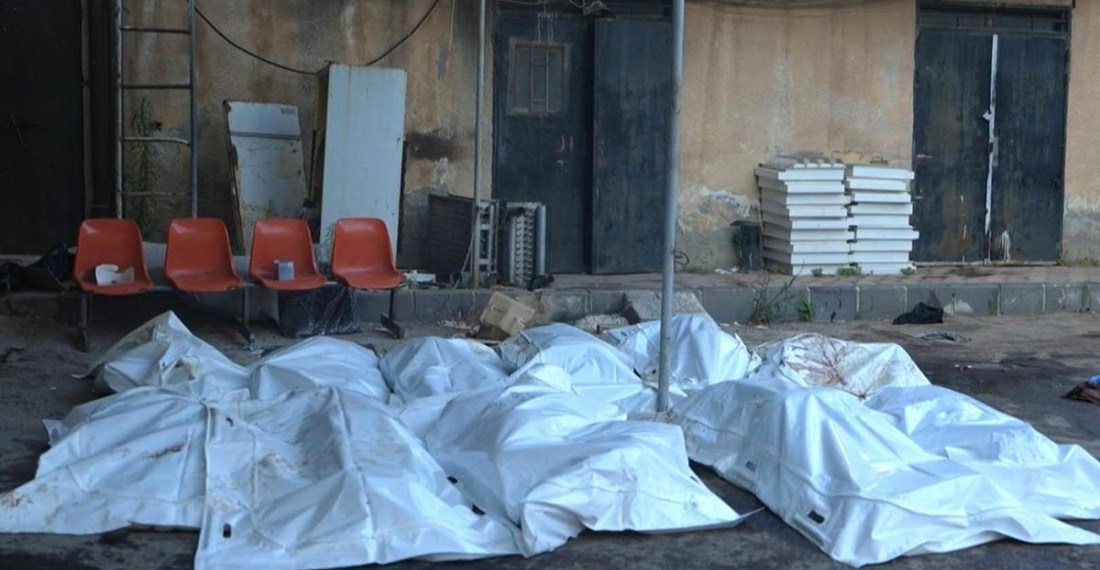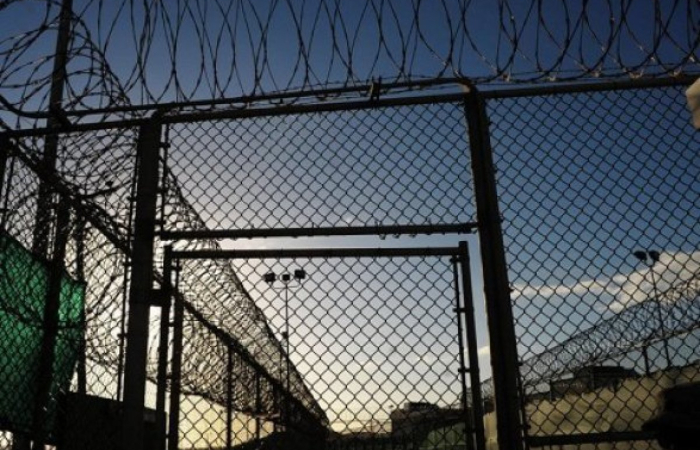More than 1,100 people, most of them Druze fighters, civilians and government security personnel, have been killed in clashes erupted on July 13 in Syria's Druze-majority province of Sweida, according to the Syrian Observatory for Human Rights monitor. Clashes between local fighters and Sunni Bedouin, spiralled and drew in Syrian government forces, tribal allies of the Bedouin and the military of neighbouring Israel. According to the United Nations, the violence has displaced more than 128,000 people, an issue that has also made collecting and identifying bodies more difficult.
Witnesses, Druze factions and a monitor have accused government forces of siding with the Bedouin and committing abuses including summary executions when they entered Sweida last week, according to AFP reports. Health authorities have not released a comprehensive death toll.
More than 450 bodies had been taken to Sweida's main hospital by Sunday 20 July evening, while bodies were still being collected from streets and homes in the city. "The dead bodies sent a terrible smell through all the floors of the hospital," said nurse Hisham Breik, who said he had not left the facility since the violence began. "The situation has been terrible. We couldn't walk around the hospital without wearing a mask," he said, his voice trembling, adding that the wounded included women, children and the elderly.
Medical personnel have been working in tough conditions at the hospital, which has seen clashes around it and has been flooded with wounded, some of whom were lying in the corridors. Bodies have yet to be removed from villages in Sweida province's north and west, the hospital administration and health workers said.
The United Nations Office for the Coordination of Humanitarian Affairs (OCHA) said that hospitals and health centres in Sweida province were out of service, with "reports of unburied bodies raising serious public health concerns". Humanitarian access to Sweida "remains highly constrained", it said a statement late Sunday.
The Sweida national hospital has remained open despite the dire situation that has also included supply shortages and water and power cuts. A first Syrian Red Crescent convoy entered Sweida on Sunday carrying UN humanitarian assistance including food, water, medical supplies and fuel, OCHA said. A Red Crescent official told AFP the supplies included body bags.
Another convoy facilitated by the Red Crescent was to leave Damascus on Monday, OCHA said. But as the supplies were unloaded on Sunday, activist Moatasem Aflak, who works for a body affiliated with the Sweida health department, told AFP that the aid "doesn't cover everything required". "We received water and medical supplies but we need more because we are facing a medical catastrophe," he said, adding that a list of requirements had been handed to the Red Crescent.
"We haven't yet been able to count the bodies" and some families have been unable to arrive to identify their loved ones, Aflak said. "We are trying to cooperate with the Red Crescent to put the bodies in bags and establish a mass grave to transfer them to," he added.
Israel bombed Syrian army headquarters in Damascus on 16 July after warning the Islamist-led government to leave the Druze minority alone in its Sweida heartland. Syrian government forces entered the majority-Druze city of Sweida on 15 July with the stated aim of overseeing a ceasefire agreed with Druze community leaders after clashes with local Bedouin tribes left more than 100 people dead.
However, witnesses reported that the government forces joined with the Bedouin in attacking Druze fighters and civilians in a bloody rampage through the city.
The fighting marks the most serious outbreak of violence in Syria since government forces battled Druze fighters in Sweida province and near Damascus in April and May, leaving more than 100 people dead.
The Islamist-led authorities have had strained relations with Syria's patchwork of religious and ethnic minorities since they toppled longtime leader Bashar al-Assad in December 2024.






